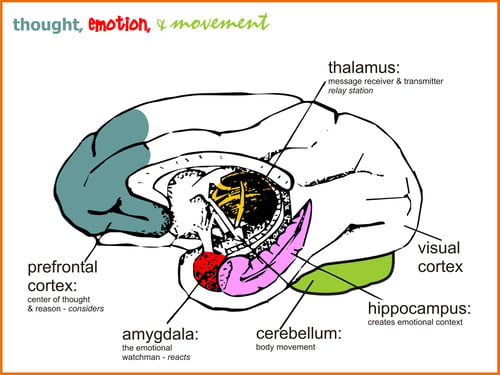No products in the cart.
Patient Communication
What do your patients remember from their appointment?
Ever have this experience?
You thought the appointment went really well; the patient was listening, they were smiling, they were nodding, they accepted treatment. You thought they went to the front desk and made an appointment, only to find out later that they didn’t. Or worse still, they made the appointment, but failed to attend.
Dentists and patients often have different experiences and memories of the same appointment.
Why is the dentist-patient perspective so different?
There are multiple and varied reasons why this may be occurring. According to a previous study on patient memory retention, it appears that most people remember approximately 40-80% of the information given during a medical appointment.

From a neuroscience perspective, this may be because when we feel we are out of control, the brain goes into “flight or fight mode”. The physical tightens up, ready to ‘defend’ itself; while the pre-frontal cortex shuts down, impairing working memory function which processes new information and ideas.
When you’re in the practice, doing what you do best, you’re more than likely functioning from the hippocampus; the rational and logical part of the brain.
But most of your patients, especially new patients, are likely functioning from the amygdala; the emotional part of the brain.
The Fear Factory
Think about it from their perspective: new patients are like a ‘stranger’ in your ‘home’; yet within minutes of meeting you, they are lying on their back, wearing a bib, with a bright light in their eyes. A person with sharp instruments is leaning over them telling them to “open wide”.
They can’t see what’s going on, but they can certainly feel it and hear it. It may not even be painful at this point, but it’s not very comfortable, and it’s not very pleasant.
Essentially, they are not in control.
And then they hear a recommendation for expensive and elective treatment on a problem that not only hasn’t been causing them any pain, but one that they may or may not truly comprehend as yet. It’s all too much for the human brain to digest.
But they can’t or don’t want to tell you that, so they nod and smile – whatever it takes to get out of there as quickly as they can.
They may or may not remember what you said, but they do remember how they felt.
Giving back control
Armed with this awareness of the patient experience, there is a lot a dentist and their team can do to change the emotional rollercoaster of coming to a dental practice.
One major key is to look for ways to give the patient a sense of control.
Here’s a few suggestions on how you can…
- Show empathy and patience, and make sure they are comfortable and at ease, right from the start.
- Be curious about their past dental experiences and find out about their beliefs; this can make a real difference.
- Ask questions and really listen to their answers; this will help them to get talking and sharing more with you on a personal level.
– The more a person talks, the more they feel heard, the more they feel in control.
And the more they feel in control, the more open they will be to listen; and the more they will remember what you have explained.
>> Click here to find out more about The Power of Good Patient Communication.



 Coaching Solutions
Coaching Solutions















